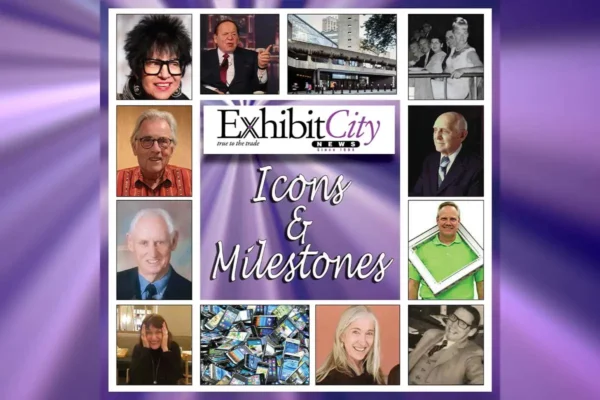On March 31st, U.S. District Judge Ronald Guzman ruled that the Illinois State Legislature had violated provisions of the National Labor Relations Act when they enacted legislation designed to help Chicago’s ailing tradeshow industry.
In the lawsuit brought by the Chicago Regional Council of Carpenters and Teamsters Local 727, Judge Guzman found that Illinois lawmakers had violated the collective bargaining rights of workers and he set aside key elements of the legislation. This ruling put a temporary halt to the momentum of legislative restructuring of existing collective bargaining agreements, which has characterized the past decade.
As one might expect, the reaction was both swift and intense. Reports in the media claimed the unions at McCormick Place were obstacles to progress and they were determined to chase shows out of Chicago. They suggested this latest act of defiance would drive the last nail in the coffin of the tradeshow business in the city.
Unfortunately, most journalists know little or nothing about the tradeshow business they cover and they rely almost exclusively on those individuals who supported this legislation for information about the industry. The semantics used in media reports were inflammatory and counterproductive.
While some of these changes were viewed as positive by the industry, they could have been achieved by good faith negotiations. However, they chose a different path and the judge found they had violated the law while trying to achieve their objectives.
The Illinois State Legislature is disproportionately comprised of lawyers, and they passed the same bar exam as Judge Guzman, so it would be safe to assume they knew the consequences of the methods they were using. However, after a decade of uncontested success using this strategy, they felt emboldened to test the limits of their new power.
The obvious question is how this will affect the health of the Chicago tradeshow business, and what will be the ramifications for the rest of the industry? That will be determined in the courts, and appeals are sure to drag on for an extended period of time. Certainly the exhibitors have grown accustomed to the new rules and it’s hard to put the genie in the bottle after it has escaped.
Since these changes have been instituted, most exhibitors have done an adequate job of maintaining high standards on the show floor. However, a flea market environment has emerged since the relaxation of the old rules, and this isn’t good for anyone. Lowering the standards encourages exhibitors who might not otherwise attend these shows, to turn a quality tradeshow into something resembling a market in the third world. Over the years, a few shows with a reputation for excellence have actively recruited exhibitors unfamiliar with the expectations of a first-rate tradeshow. These shows have inevitably seen a decline and ceased to exist when these exhibitors began to degrade the prestige of the show.
In addition, many workers who could previously make a solid middle class living now find themselves on the fringe, struggling to make ends meet. They’ve begun actively pursuing other jobs because they realize the writing is on the wall. They almost certainly won’t be around when needed for some of the larger shows, but this isn’t something that a legislator with limited knowledge of the industry would be able to understand.
Experienced tradeshow workers resent the fact that only the weakest and least powerful people were forced into “an offer they couldn’t refuse.” The most powerful players were considered sacred cows and therefore immune from scrutiny. Workers would accept the notion that some changes were needed if the sacrifice was spread around, but they see these legislative actions as clumsy and imprecise, like performing brain surgery with a chainsaw.
| Home |
| People on the Move |
| National News |
| International News |
| Opinions |
| Tradeshow Calendar |





























